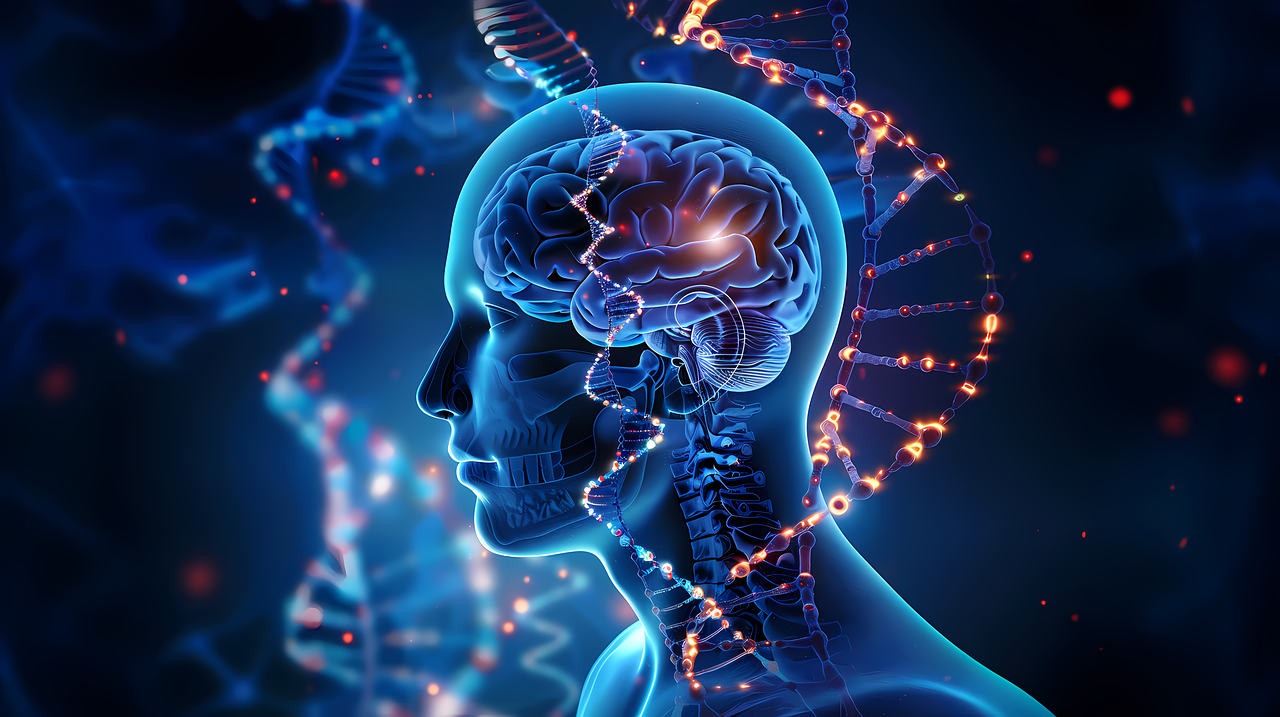MEDICAL TESTS THAT CAN SAVE YOUR LIFE
Many of the most serious medical conditions cause detectable changes in the body long before symptoms appear. Treating health problems at this stage could potentially save thousands of lives annually. The situation is understandable though, Doctors rarely look for diseases unless the patient has symptoms. For example, an early stage malignancy too small to be seen on a chest X-ray usually causes no symptoms but can be detected by a sophisticated imaging test known as a low-dose spiral computed tomography (CT) scan. However, few doctors order the test unless patients are coughing up blood, have shortness of breath or other symptoms that indicate an advanced – and far less treatable – stage of lung cancer.
There is a reluctance to test from two particular sources. From the Doctor’s perspective, it’s impractical to test every person for every possible disease. That’s why it is important that patients know their personal risk factors for specific diseases. From the Insurance company’s perspective, they will not pay for scans in the absence of specific symptoms. But if you have a strong family history of the disease in question, ask your doctor if that justifies testing before symptoms appear. An example to site is that most insurance companies will not cover a colonoscopy for a patient under age 50, unless the patient has a strong family history of colon cancer.
Another serious medical issue that can be detected by a scan is an Abdominal Aortic Aneurysm or AAA. It can occur in both men and women but is most common among men between the ages of 50 and 80. Family history (a first degree family relative – parent, sibling or child – who had an aneurysm) increases the risk by 12% to 19%. If the aneurysm ruptures, it causes massive internal bleeding and death in more than 80% of cases. When detected early and treated with surgery, more than 95% of patients are cured.
An Abdominal Ultrasound can accurately detect an AAA. During the 10 minute procedure, a technician applies gel to the patients abdomen and moves a hand-held computerized wand over the area. The Abdominal ultrasound measures and records the diameter of the Aorta. It can detect a dangerous AAA more than 80% of the time if one is present. Anyone with a family history of AAA, ideally when you are 10 years younger than the age at which your family member was diagnosed, should get the scan. Smokers and former smokers, especially men with a pack a day habit for 20 years, two packs a day for 10 years or a half a pack a day for 40 years, should also get the scan.
Warning: Doctors often rely on abdominal palpitations and auscultations ( listening to arterial sounds through a stethoscope) to detect AAA. These methods are not as reliable as Abdominal Ultrasounds are.
Just like the coronary arteries of the heart, the large neck (carotid) arteries that carry blood to the head and the brain can develop atherosclerosis – a buildup of plague that obstructs circulation and/or promotes the formation of clots. The first symptoms of Carotid Artery Disease (CAD) is often a stroke. Each year, an estimate 700,00 Americans have a first or recurrent stroke, and many caused by CAD. Duplex Ultrasound provides two-dimensional images of the carotid arteries and measures bloodflow. It’s quick, painless and extremely effective at detecting CAD, particularly in patients with blockages of greater than 70%. Early detection can greatly reduce the risk for a stroke when patients take appropriate lifestyle and medical steps. The steps included but are not restricted to losing weight, quitting smoking and cutting down on drinking alcohol. People who should consider getting this test are smokers and former smokers with a 20 year or greater smoking history, heavy drinkers (more than 3 a day), people with high cholesterol, elevated triglycerides and/or Diabetes, chronic uncontrolled high blood pressure, a first -degree relative with CAD… and or is obese. African Americans and people with a history of heart disease are also at above average risk.
Lung Cancer is considered the deadliest cancer because it has usually already spread at the time of diagnosis. The five year survival rate for most lung cancers is 16%. However, if detected when the cancer is still localized in the lungs, the 5 year survival rate is higher at almost 50%. A low dose spiral CT scan , a painless procedure in which the imaging machine rotates rapidly around the body, taking more than 100 pictures in sequence. One study found that conventional chest X-rays failed to find 85% of early stage lung cancers that were detected by low-dose spiral CT.

